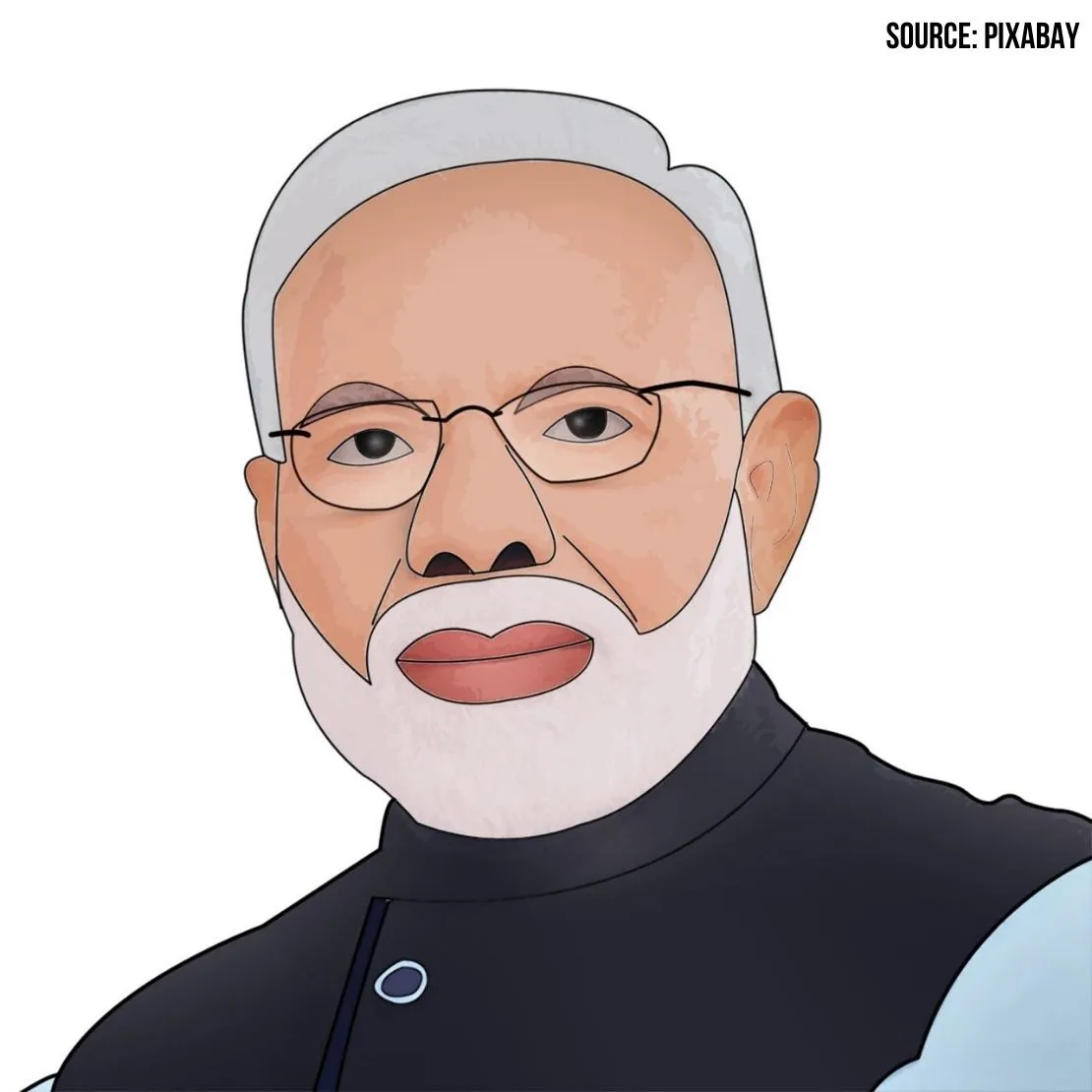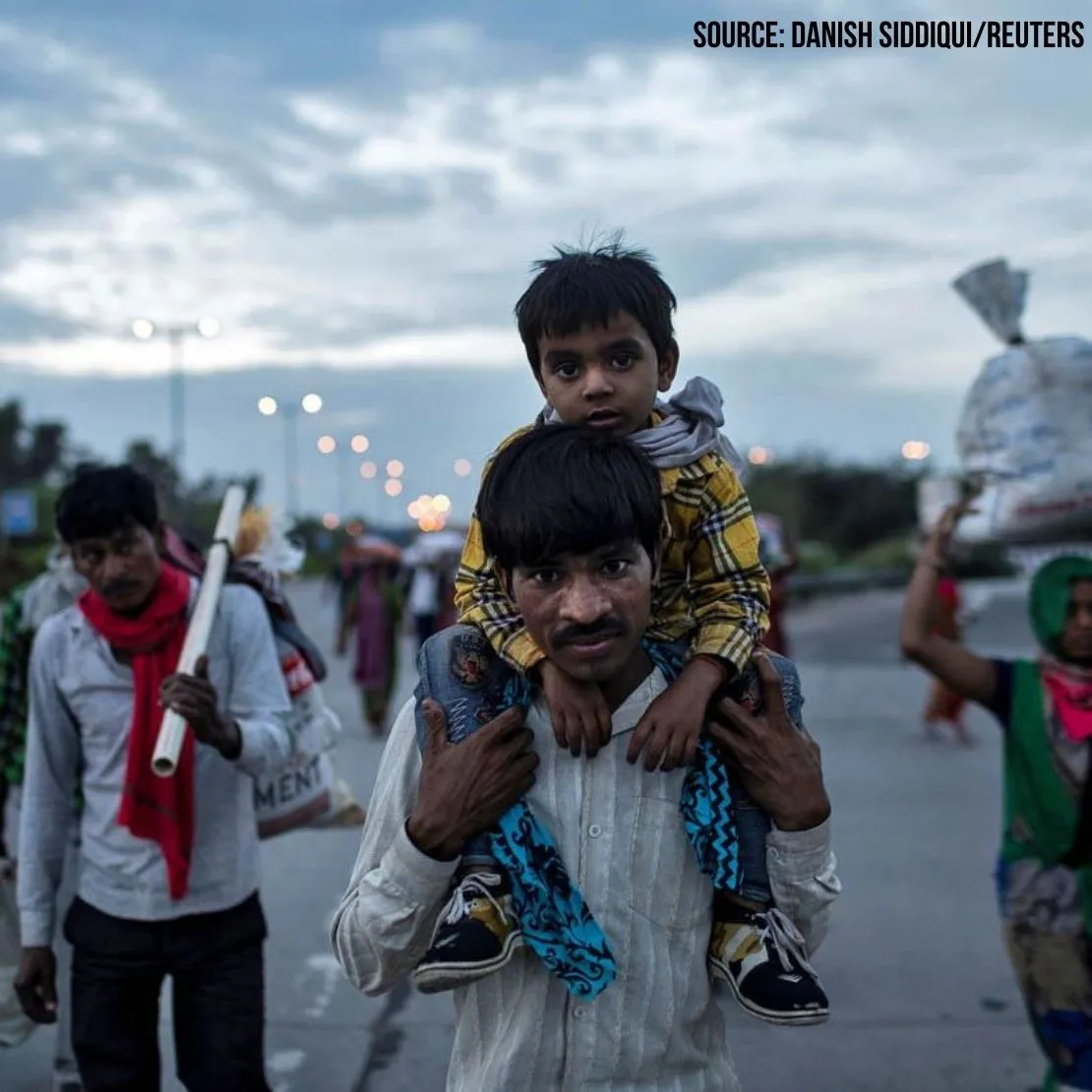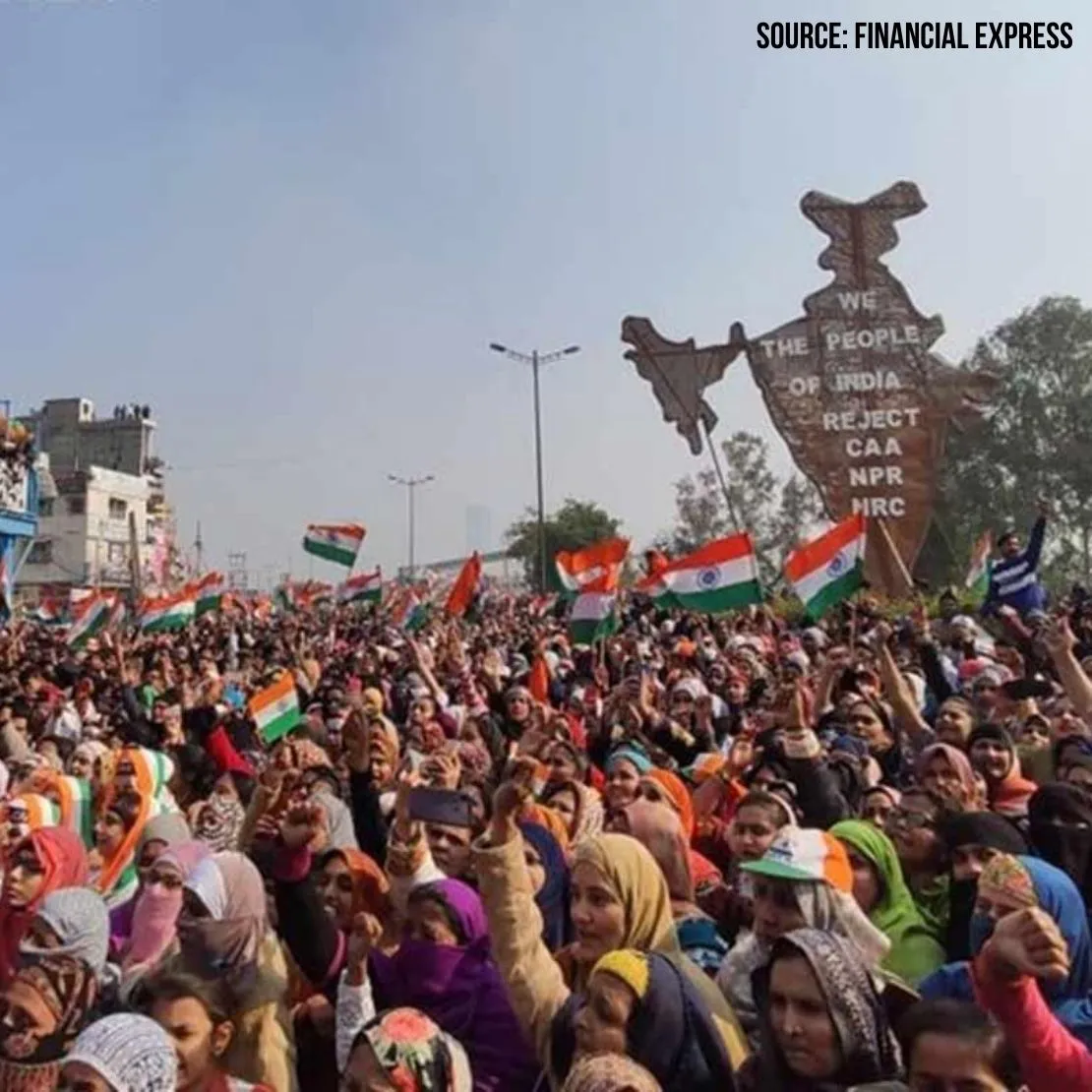We choose what battles to fight depending on our own comfort
“...There is man all over for you. Blaming on his boots the faults of his feet.” - Samuel Beckett, Waiting for Godot.
At the age of 3, I wanted to be a pilot, because I thought pilots have wings. By 16, I had decided I will be an Indian Police officer and make a difference. Today, I’m 21, a social science student in a country far away from mine and have come to realize that I am barely even a citizen, something that I was all this while supposed to be.
Every now and then, when things have taken an unexpected and unfavourable turn, I have turned on the government. The same Indian government which is formed by representatives chosen by the citizens— of the people, for the people and by the people— and is answerable to the people. So, are they the only ones to blame? The boots are itchy, and maybe a size too small to fit or too big to fill, but we chose to put them on and dance around in, for five years and five more and five more and so on.
“...The constitution is a document that sets limits on the powers of the government and ensures a democratic system in which all persons enjoy certain rights...In the past fifty years, the scope of rights has changed and, in some respects, expanded.” (NCERT, class 6)
The concept of democracy rests at the heart of Indian politics. From a very elementary stage, the importance and significance of a democratic system becomes imbibed and very closely tied to our academic curriculums, everyday lives and future growth and development, and it remains so until the very end. In theory, everyone from politicians and policymakers to activists and civilians fight for safeguarding the democracy that India is. But in practice, we all have a different understanding of democracy and related responsibilities. Currently, as citizens (and civilians) we are required to negotiate between the precarious riptide of dualist politics of us and them, and misinformation.

Indian Prime Minister Narendra Modi
The Indian democracy has been falling apart, with about 73% of the annual national income going to the rich (Oxfam, 2018); candidates getting elected in the name of working for the poor and making promises that are more attractive than practical, for example Prime Minister Modi promised to double the incomes of Indian farmers by 2022, both Congress and BJP promised to make electricity accessible to every village of the country in 2004 and 2009, and 2014 and 2019 respectively.
The threat continues to grow as the impetuous and uniformed social media trials take the centre stage, shape public opinions all the while influencing the decisions of judges at legal courts (also pointed out by Justice Sikri apropos to the Alok Verma case); politicians get away with reshaping history instead of present (the constant debate about Nehru and Golwalkar); where victory of one’s God is concomitant to the defeat of the another’s (Babri Masjid vs. Ram Janam Bhumi); and media houses are able to unapologetically broadcast only one side of the story.
This does not only reflect the impact of our pedagogical limitations or arbitrary choices but also of our well-thought political choices and the lack thereof.
In India, we teach ‘individuals’ what a democracy is, but not how we’re accountable for it as its ‘citizens’. We were told to ‘enjoy’ our fundamental rights, but not how to actively exercise our fundamental duties. There is something inherently hypocritical about our nature of desperately trying to grab onto our fundamental rights, all the while conveniently turning a blind eye to our fundamental duties.
When an education system lacks the politics of educating for democracy, the adults that it begets become 'bounded' citizens, taking actions based on the limited information and time they have. Migrant deaths in India is not a new phenomenon arising as a consequence of the current pandemic, it has always been a tragedy tightly gripping onto the poorer parts of our country, thousands have been dying at construction sites, inside sewages, of hunger, for years.

Coronavirus lockdown saw tens of thousands of workers emerging from factories and workplaces in search of a way home.
We choose what battles to fight and how much to fight depending on our own comfort.
We choose to talk about migrants now when we have a cause (Covid-19) in common. Every 15 minutes, a rape is reported but we choose to take to the streets for only the most horrific ones. Meanwhile, we also forget to ask the rudimentary questions, such as...How will you double the earnings of all Indian farmers, whose incomes are so unevenly distributed? How will each corner of the country be able to afford electricity, access to which is being promised so vehemently? What costs will be incurred in changing names of cities, districts and stations?
When we are told how many subsidies were given up, we never ask about how many were redistributed.
In the midst of applauding the amount donated to the PM Cares during the pandemic, we forget to ask how and where it will be used. Fake news is only as powerful as we make it by not contesting it. Our failures become more prominent when we decide to stand aloof from those who disagree with us or pledge our constant support to a particular party or person instead of policies and other changes. As citizens, choosing our battles is the only freedom we must not enjoy.
The underlying question is are we making any positive difference as citizens collectively? Or are we reaping and un-reaping the benefits without going on sowing? The answer is easy, while the solution may not be. The society that we live in can be broken down into individuals, each having a personal responsibility to contribute to the social, economic, political, ecological well-being of the often overwhelming heterogeneous population of India. And maybe this is our tragedy and that of this democracy, it divides the responsibility equally among all, but only some (or very few) are more responsible than others. The failure of the society as a whole and in its entirety to realize, recognize and react to issues affecting even the smallest fraction of the population over space and time is not just a personal misfortune but also a public injustice. It is no secret that all political parties aim to acquire unmatched power, and then to reproduce it.
While during elections they pretend, perhaps some even believe that power is simply the means and the ends are citizens and to deliver them a better world. However, post victory, these roles are reversed, making power an end met by the means of citizens. The object of governing becomes governing by one’s own will and that of unjust policies simply becomes injustice. As those who are given a role in directing the public affairs change their course in the interest of self and their faction, a higher duty befalls the public, that of wantonly proscribing their actions, not as and when their venality and hypocrisies reach the zenith, but also when the process begins.
The irony that envelopes and paralyses this fight is that this position also allows us the comfort of being patient and tolerant. We learn to adjust with what we have, the ability to dream big but also the creativity to settle small, so we do not put up a fight. And when we do, they are usually the big ones that are harder to win, the need for which is manifested and culminated by our own delay, ignorance, neglection and/or tolerance of the numerous small unjust acts and policies devoid of morality.

One of India's biggest civil rights movement against Modi's Citizenship Amendment Act in 2019
Of course, it will be difficult to win a fight against the Citizenship Amendment Act when we already were silent about decisions that preceded it, such as the changing of Mughal Sarai railway station to Deen Dayal Upadhyaya junction, Allahabad to Prayagraj, and about the court's decision regarding the Ram Janam Bhoomi. What may be more important is that whenever the elections are contested and a decision is made, and the minority opinions are left unsatisfied. Democracy then demands from its citizens a mutual respect with which the minority holders support the decision of the majority, and the majority reciprocates by protecting their rights, until the next election when disagreements again need to be rebutted and informed decisions are to be made.
Contesting an injustice here or rescuing the freedom and livelihood of fellow Indians there can in no way be fatal to the reproduction of power and authority of any acting government. However, as an understanding of the social destruction which is as a direct consequence of the government’s (or its representatives’) logic of expansion deepens, this could change.